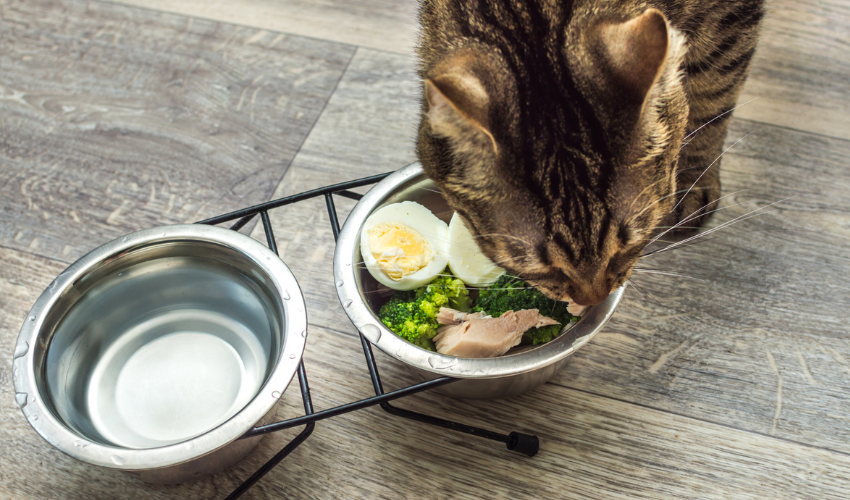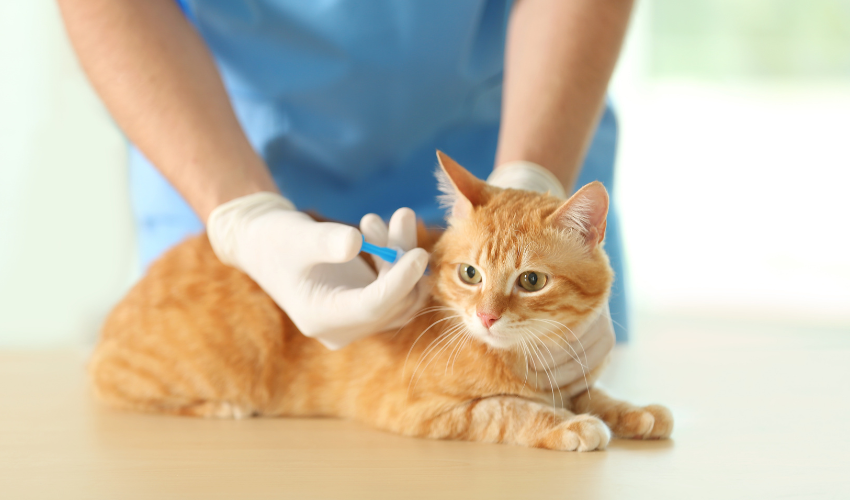Domestic cats have been part of human lives for thousands of years, and it’s no surprise that they are one of the most popular pets worldwide. These furry companions are known for their independent and curious nature, and their unique personalities can make them a great addition to any family. In this article, we’ll explore the fascinating world of domestic cats, from their behavior to their diet and everything in between.
The Evolution of Domestic Cats
- The Origin of Domestic Cats
- The Relationship Between Humans and Cats
- The Importance of Domestic Cats in History

Domestic Cat Breeds
- The Most Popular Cat Breeds
- Characteristics of Cat Breeds
- Purebred vs. Mixed Breed Cats
Domestic Cat Behavior and Communication
- Understanding Cat Behavior
- Common Cat Behaviors Explained
- Cat Communication: What They’re Saying
Cat Diet and Nutrition
- The Basics of Domestic Cat Nutrition
- Wet Food vs. Dry Food: Which is Better?
- Homemade Cat Food Recipes

Domestic Cat Grooming
- Importance of Grooming for Cats
- How to Groom Your Domestic Cat
- Common Cat Grooming Tools
Cat Playtime
- Why Playtime is Important for Cats
- Domestic Cat Toys: Which Ones to Choose?
- DIY Cat Toys to Keep Your Feline Entertained
Domestic Cat Health and Wellness
- Common Health Problems in Domestic Cats
- Domestic Cat Vaccinations: What You Need to Know
- Tips for Keeping Your Cat Healthy

Main conclusions:
- Domestic cats are descendants of wild cats that were domesticated around 10,000 years ago.
- There are over 100 different breeds of cats recognized by various organizations.
- Domestic cats are known for their curious and playful nature, but they also have a reputation for being independent.
- Cats use various forms of communication to express themselves, including body language, vocalizations, and scent marking.
- Domestic cats are obligate carnivores and require a diet that is high in protein and low in carbohydrates.
- Grooming is an essential part of a cat’s life and can help prevent health problems.
- Playtime is crucial for cats as it provides exercise and mental stimulation.
- Regular veterinary check-ups and vaccinations can help keep your cat healthy.
FAQs:
Are domestic cats good with children?
Domestic cats can make great companions for children, but it’s important to supervise interactions between young children and cats to prevent accidents.
How often should I groom my domestic cat?
The frequency of grooming depends on the type of coat your cat has. Long-haired cats require more frequent grooming than short-haired cats.
Do domestic cats need to be bathed?
Domestic cats generally do not need to be bathed unless they have a specific health condition that requires it.
How can I tell if my domestic cat is sick?
Signs of illness in cats include lethargy, loss of appetite, vomiting, diarrhea, and changes in behavior.
Can domestic cats be trained?
Domestic cats can be trained to do various behaviors, but it requires patience and positive reinforcement. Training can include using a litter box, scratching post, or learning tricks like sitting or jumping.
Conclusion:
Domestic cats have been beloved pets for thousands of years and continue to be popular today. They are curious, playful, and have unique personalities that make them great companions. By understanding their behavior, diet, and needs, you can provide your domestic cat with a happy and healthy life.
Remember to prioritize their health and wellness through regular check-ups and vaccinations, and always provide them with the love and care they deserve. The cats truly are fascinating creatures, and we are lucky to have them in our lives.






















